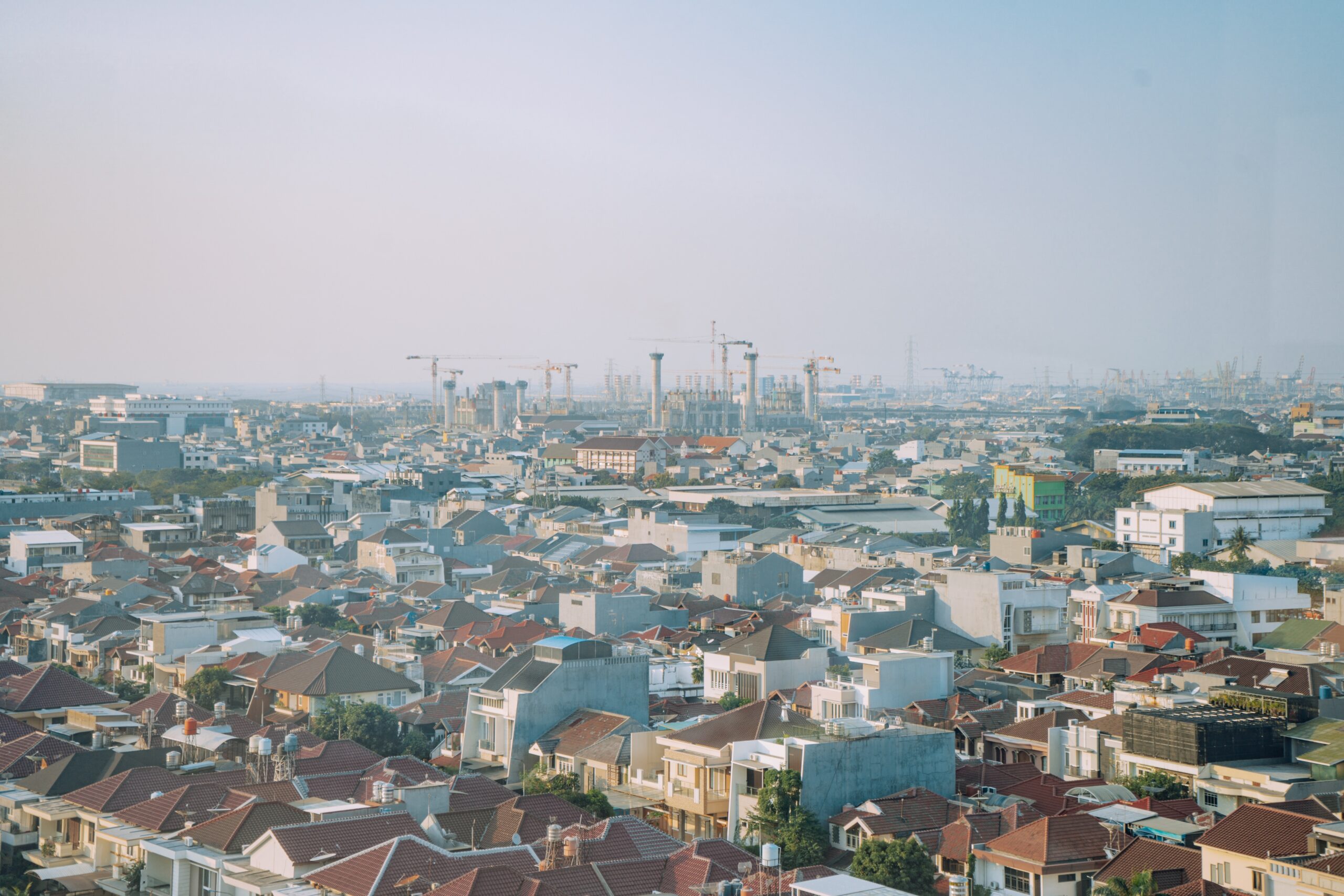President Director of PT Bank Tabungan Negara (Persero) Tbk Pahala Nugraha Mansury said the demand for housing increased, especially when the Large-Scale Social Restrictions (PSBB) were implemented.
The majority of requests came from subsidized housing, which has increased by up to 70 percent. Meanwhile, non-subsidized occupancy increased by 30 percent.
“So we can see that the positive trend in the housing sector is quite good,” Pahala said as quoted from the official website of the Ministry of PUPR, Monday (24/8/2020).
With this condition, the Minister of Public Works and Public Housing (PUPR) Basuki Hadimuljono encouraged business players in the housing sector to become one of the leading sectors in supporting the National Economic Recovery (PEN).
According to him, this sector has a large multiplier effect because it can drive more than 140 derivative industries.
With the expansion of the property industry, it is hoped that it will be able to affect the productivity of the community.
In addition, he also emphasized that the housing community, both creditor banks and developer associations as well as financial service institutions, must prioritize good service to the community.
“I am very happy that the BTN Managing Director said that demand has increased since July 2020, as well as services are getting better. That means we have all started to change channels from complicated to simple ones,” said Basuki.
Basuki also supports the relaxation of regulations in order to improve services. However, Basuki stated that he did not support relaxation, especially in quality.
Basuki also supports relaxation of regulations in order to improve services, but not in quality.
“I have to be strict in terms of controlling the quality of houses and landlords, because it is part of the responsibility of the Ministry of PUPR to protect consumers,” said Basuki.
Also read: During a pandemic, choose gold or property investment?
According to him, the PUPR Ministry as the regulator is responsible for protecting consumers and ensuring the quality of houses, especially for low-income people (MBR). Not only that, but the growth of public housing loans must also be accompanied by better services to the community, starting from sanitation, clean water, and quality of buildings.

























